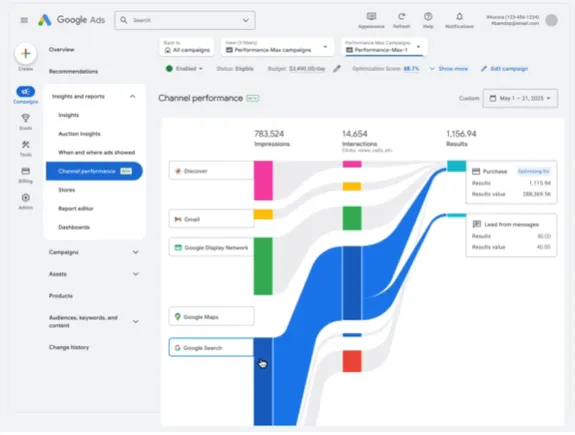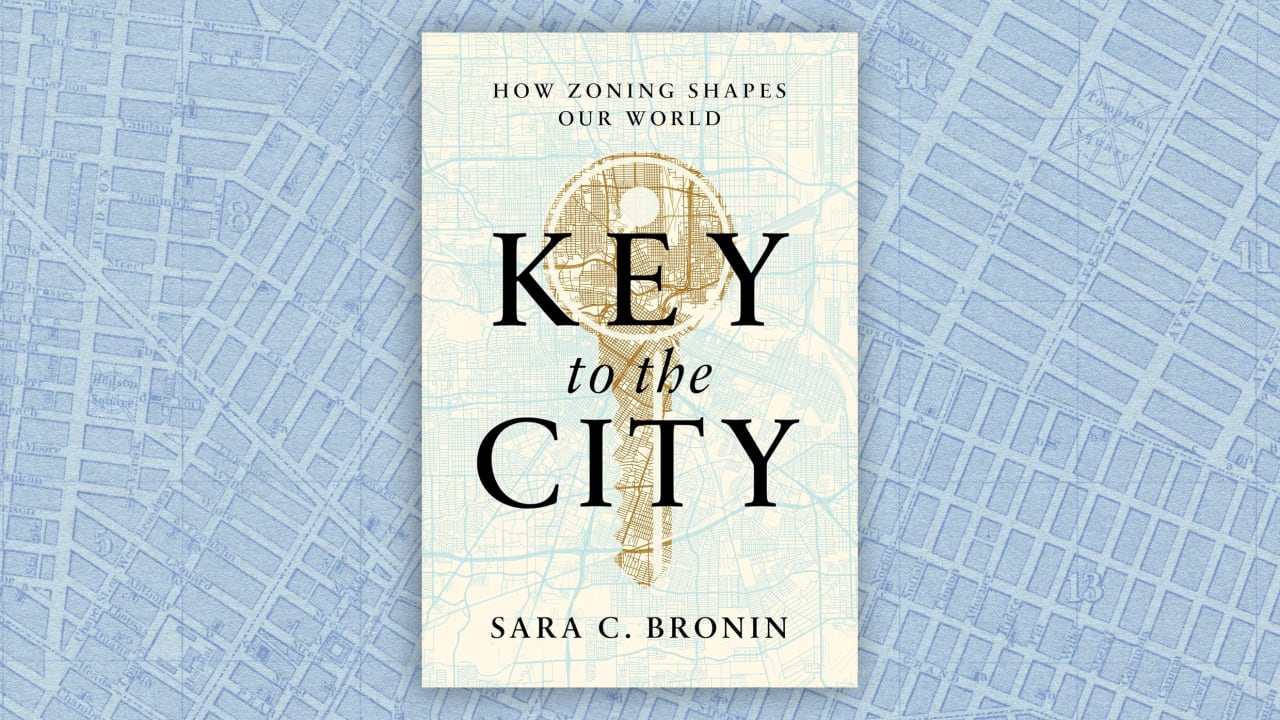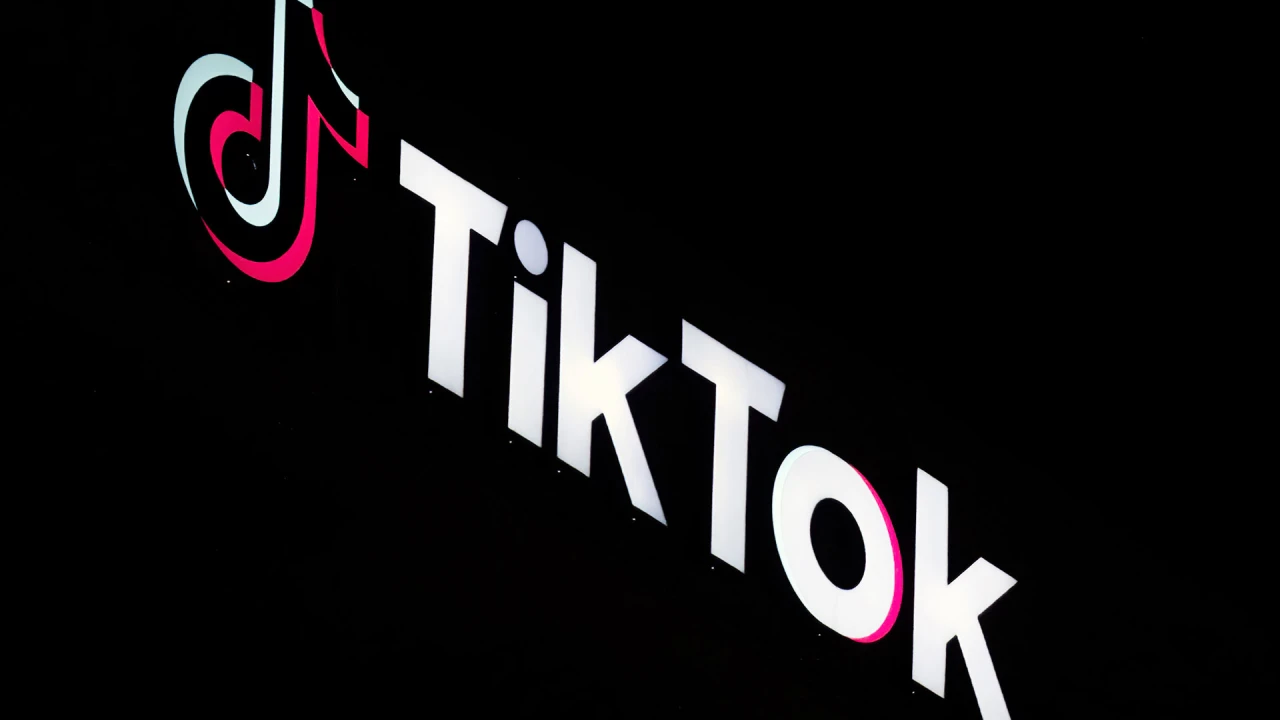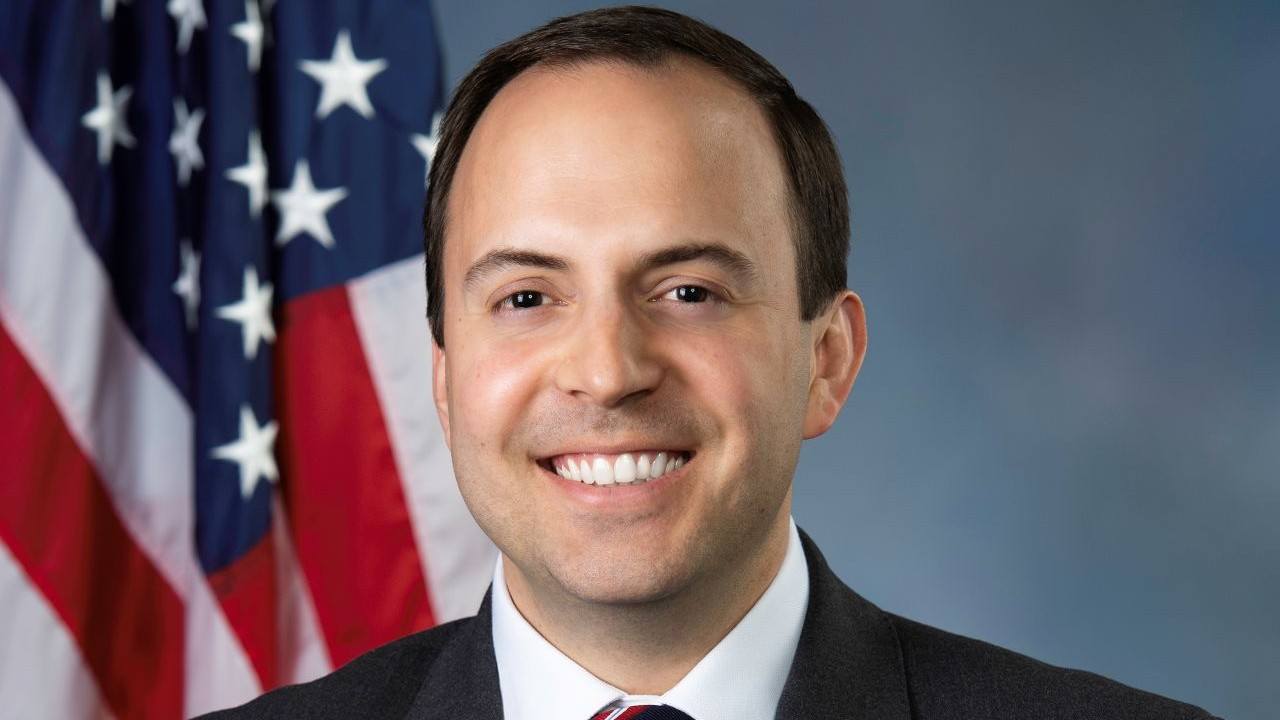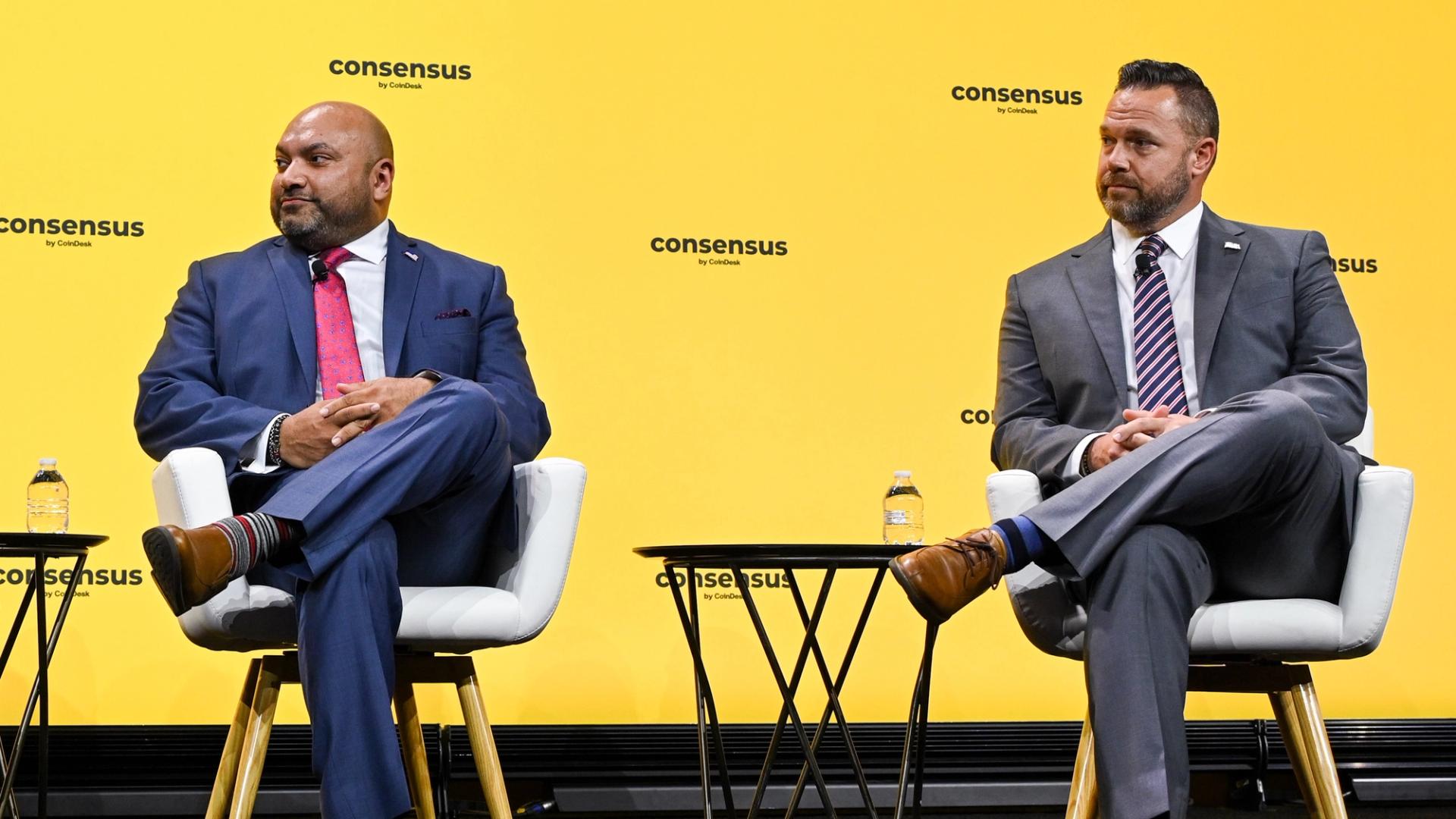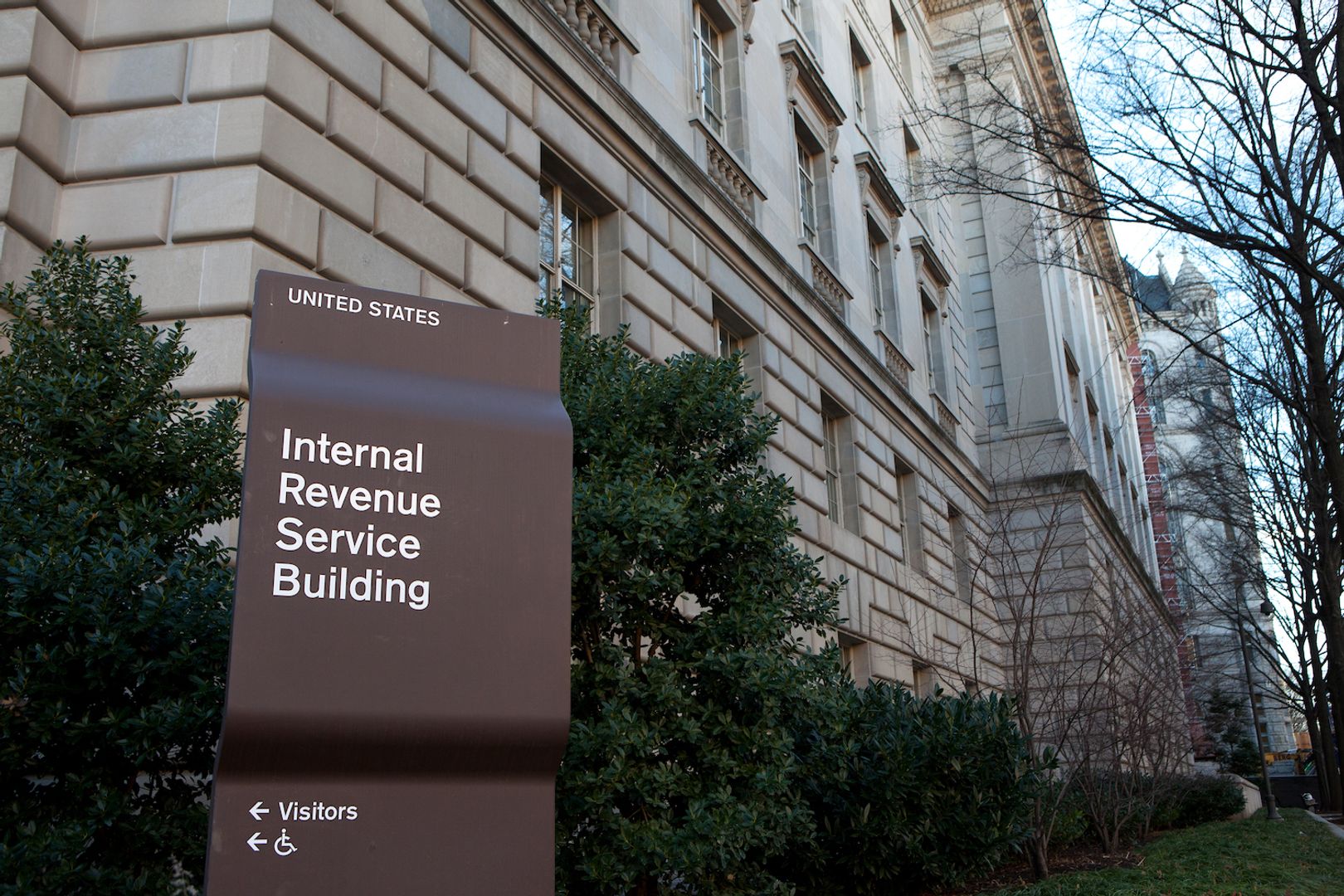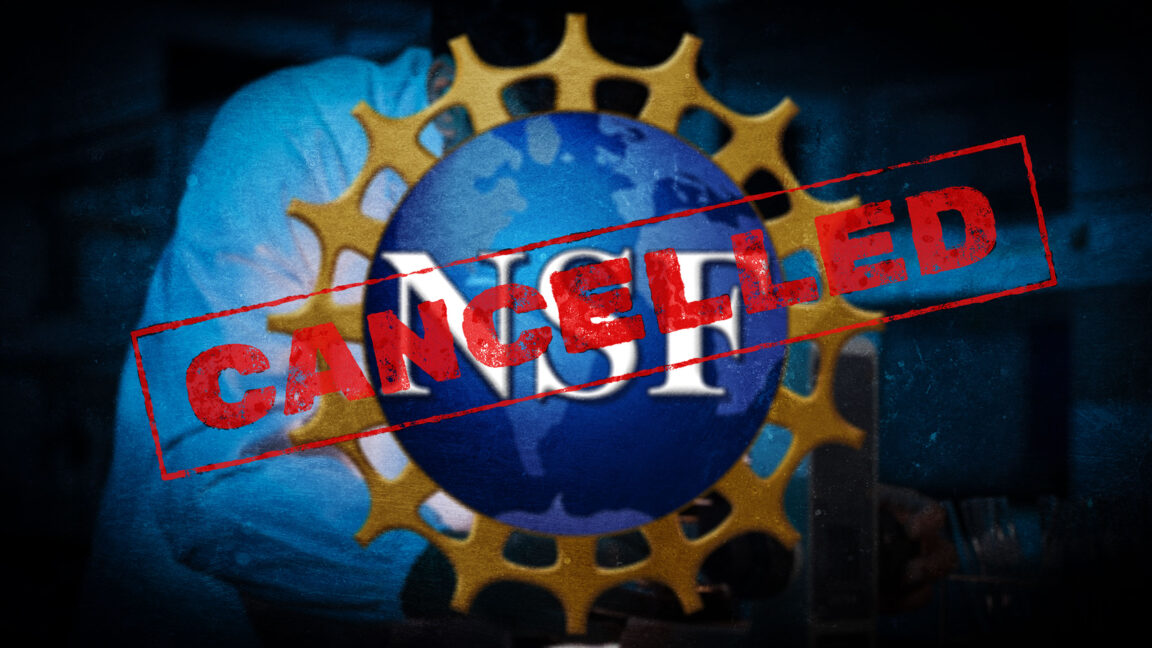Here’s why founders should make sure they have an HR in place before hiring their 50th employee
To avoid crucial hiring errors as a company grows, small business owners need to prioritize bringing on an HR professional early on.

Good morning!
When it comes to building a company from the ground up, it’s normal for founders to make some mistakes along the way. But one of the main pitfalls that this group runs into is bringing on HR too late.
Most founders make hiring decisions based on what's most needed in the moment, and often prioritize roles in engineering, marketing, or sales, over other parts of the business. But as soon as a company reaches that 50 employee mark, it’s subject to multiple federal labor laws that offer benefits and additional protections to workers, such as the Family and Medical Leave Act, the Fair Labor Standards Act, and the Affordable Care Act.
It’s at this inflection point that Meredith Meyer Grelli, assistant professor at Carnegie Mellon University’s Tepper School of Business and assistant dean of entrepreneurship initiatives at the school of computer science, says “informal practices start to fray.”
“When there’s a small enough team, the culture is organic and the processes don't have to be as defined,” she says. “But once the company starts to hire, leaders have to start bringing in people who are specifically designed for organizational structure and handling humans well.”
That’s why she and other experts say founders need to hire an HR person before hitting that landmark. It doesn’t have to be a CHRO, or someone with a C-suite level role, but she says there needs to be a designated point person to handle issues like benefits, PTO, and remote/hybrid work arrangements.
The sweet spot for HR hiring is somewhere around the 20 to 30 employee mark, says Massimo Mazza, a senior partner of strategy and corporate finance at consulting firm McKinsey. He adds that’s when a company starts to develop a real culture, as teams are built out and more middle management is brought in.
“Think of it as a transition from family into a town, from a place where everyone knows each other to one where you need to have some sort of infrastructure, some sort of governance for it to be effective,” says Mazza.
The need for a human resources professional also increases in cases where a startup takes on any kind of large funding rounds, especially from venture capitalists, notes Meyer Grelli. That’s because once the money comes in, investors will likely be putting added pressure on the company to grow quickly. That kind of rapid hiring requires someone who can put more firm practices in place to ensure labor laws aren’t violated in the process.
“When taking on funding, you might even bring in HR earlier, because those jumps in a venture-backed company can happen so quickly, from 10 people to 50 overnight after a round,” she says. “So it’s best to have that person on board in anticipation.”
Read more on common hiring mistakes startup founders make and how to avoid them here.
Brit Morse
brit.morse@fortune.com
This story was originally featured on Fortune.com






